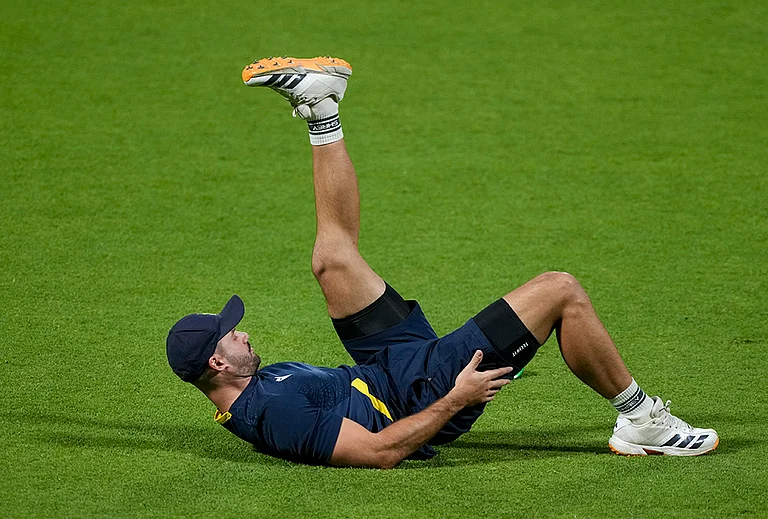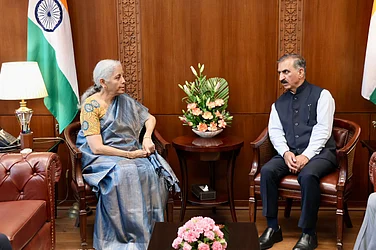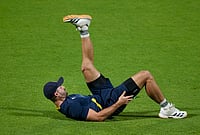UNIT Scheme 64 was started by UTI in 1964 as an income scheme, primarily in debt investments. Initially, the fund's capital of Rs 5 crore was contributed by financial institutions and RBI whose entire holding was later bought out by IDBI.
Gradually the focus of the fund shifted from being purely an income fund (mainly debt instruments) to an income-cum-growth fund (debt and equity). It was during the 1990s when the stockmarket boomed that the fund's exposure to equities increased dramatically. From 28 per cent equity exposure in 1991-92, equity investments took up 66 per cent of its corpus in 1995-96. In 1998, equity investments including preference shares stands close to 70 per cent of its total corpus of Rs 20,053 crore, rather than the 64 per cent that the chairman seems to have claimed.
Today the unit capital of US-64 at face value (Rs 10) is Rs 17,718 crore, while the total investible funds amount to Rs 20,053 crore. Since the funds are open-ended, investors can get in and out of the funds at any time. The July repurchase price, packaged every year after closing its accounts on June 30, is basically an indicator of how the fund has performed. However, the sale price keeps on increasing every month. This is mainly for the late entrants to the scheme who will be paid the same dividend as the existing unitholders.
Most of UTI's schemes are aimed at small investors with minimum risk and virtually fixed income. Says Dr P.J. Nayak, UTI's executive trustee, "Almost 50 per cent of our corpus comes through these assured non-risk schemes. However, in the changing economic scenario, we feel that mutual funds should assure higher returns which is only possible if some amount of risk is taken by the investors as well as the fund managers. As a result, UTI would like to reduce the non-risk percentage of its portfolio from the total funds mobilised in future."






















